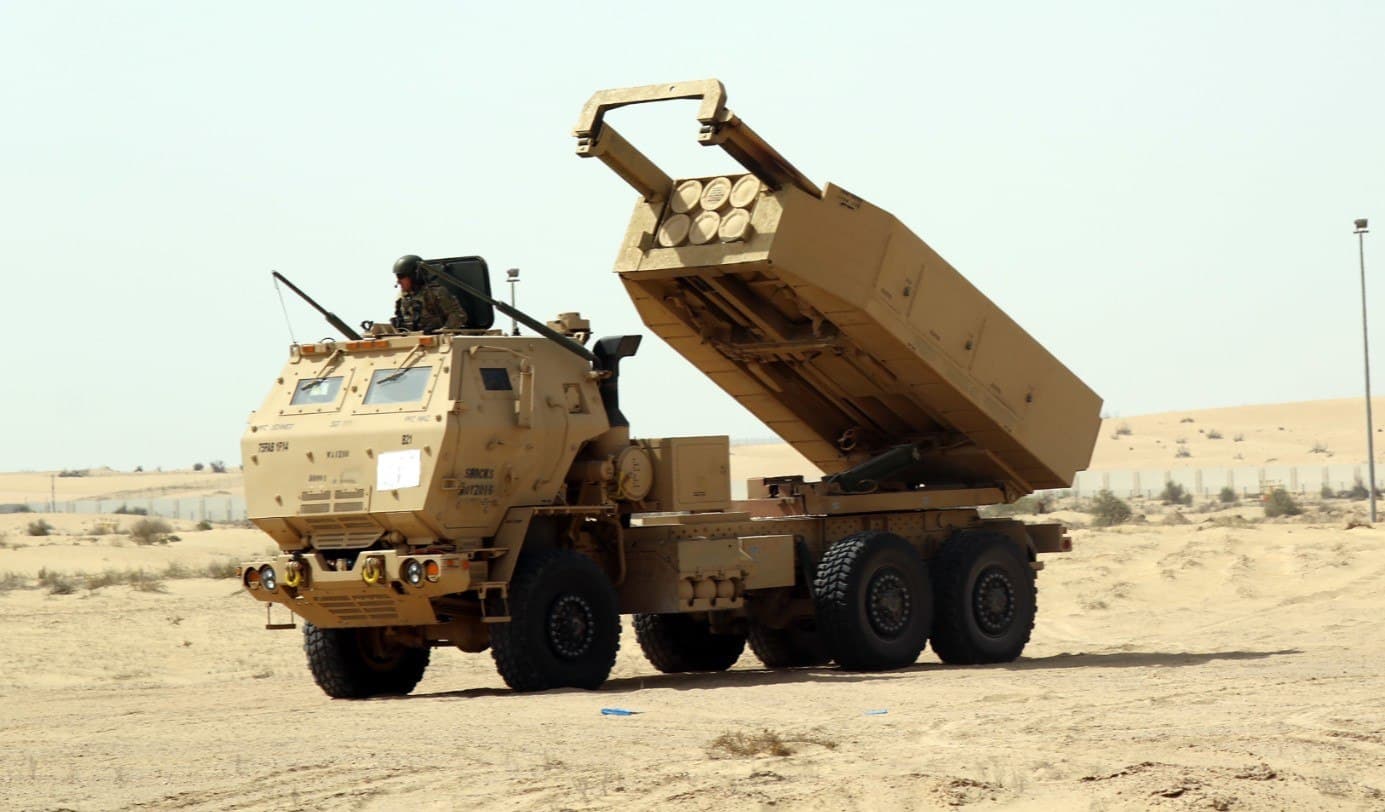US Greenlights $500M HIMARS Sale to Bahrain, Boosting Regional Defense Capabilities
In a significant move to strengthen military ties in the Gulf region, the United States has approved the potential sale of M142 High Mobility Artillery Rocket Systems (HIMARS) and related equipment to Bahrain, valued at approximately $500 million. This decision, announced on recently, underscores the U.S. commitment to bolstering the defense capabilities of its allies amid escalating regional tensions.
Background & Context
The HIMARS system, developed by Lockheed Martin, is renowned for its precision strike capabilities and rapid mobility, making it a vital asset for modern military operations. Bahrain, a key U.S. ally in the Persian Gulf, has expressed a growing need for advanced defense systems to counter potential threats, particularly from regional adversaries. This sale reflects ongoing U.S. efforts to enhance the security infrastructure of its partners in the Middle East, a region increasingly marked by geopolitical instability and military confrontations.
The approval of this sale comes at a time when the U.S. is reassessing its military engagements globally. The HIMARS systems will not only augment Bahrain"s defensive posture but will also serve to deter aggression from hostile actors in the region, including Iran, which has been known to exert influence over various proxy groups operating in neighboring countries. As previously reported, the geopolitical landscape has shifted significantly, necessitating a robust response from U.S. allies to safeguard their territorial integrity.
Key Developments
The U.S. Defense Security Cooperation Agency (DSCA) announced the approval, highlighting that the HIMARS systems will enhance Bahrain"s ability to conduct joint operations with U.S. forces and improve its overall military readiness. The package includes not only the rocket systems but also associated equipment, training, and logistical support, ensuring that Bahrain can effectively integrate these advanced systems into its existing military framework.
Officials from the U.S. government have emphasized that this sale aligns with U.S. strategic interests in the region, promoting stability and security. “This transaction will bolster Bahrain"s defense capabilities and support its efforts to deter regional threats,” stated a Pentagon spokesperson during the announcement. The involvement of Lockheed Martin as the primary contractor further underscores the importance of U.S. defense contractors in shaping the military capabilities of allied nations.
Broader Impact
The implications of this sale extend beyond Bahrain"s borders. As the Gulf Cooperation Council (GCC) states increasingly seek to modernize their armed forces, the acquisition of advanced weaponry like HIMARS signals a shift towards greater military self-reliance in the face of external threats. Experts suggest that this trend may encourage other regional powers to bolster their arsenals, potentially leading to an arms race in the Gulf.
In a related context, recent developments in international diplomacy, such as Trump"s claims regarding negotiations over Ukrainian territories, highlight the interconnectedness of global military and political dynamics. As nations navigate complex relationships, the U.S. arms sales to Bahrain can be seen as a strategic counterweight to adversarial postures from nations like Iran, which continues to challenge U.S. influence in the region.
What"s Next
Looking ahead, the approval of the HIMARS sale is expected to pave the way for further military cooperation between the U.S. and Bahrain. As both nations prepare for the integration of these systems, discussions regarding joint training exercises and operational strategies are anticipated. This partnership may also lead to additional sales of military hardware to Bahrain and potentially other GCC countries, as regional defense needs evolve.
Moreover, the U.S. Congress will have the opportunity to review the sale, and any objections could influence the timeline and scope of the transaction. As the geopolitical landscape continues to shift, stakeholders will be closely monitoring how this sale affects not only Bahrain"s military capabilities but also the broader security architecture of the Gulf region.


![[Video] Heavy clashes and gunfire reported in Baghdad, Iraq](/_next/image?url=%2Fapi%2Fimage%2Fthumbnails%2Fthumbnail-1768342239932-848qsh-thumbnail.jpg&w=3840&q=75)




![[Video] Gunfire between Iraqi security forces and Sadr militias in Baghdad](/_next/image?url=%2Fapi%2Fimage%2Fthumbnails%2Fthumbnail-1768343508874-4redb-thumbnail.jpg&w=3840&q=75)
